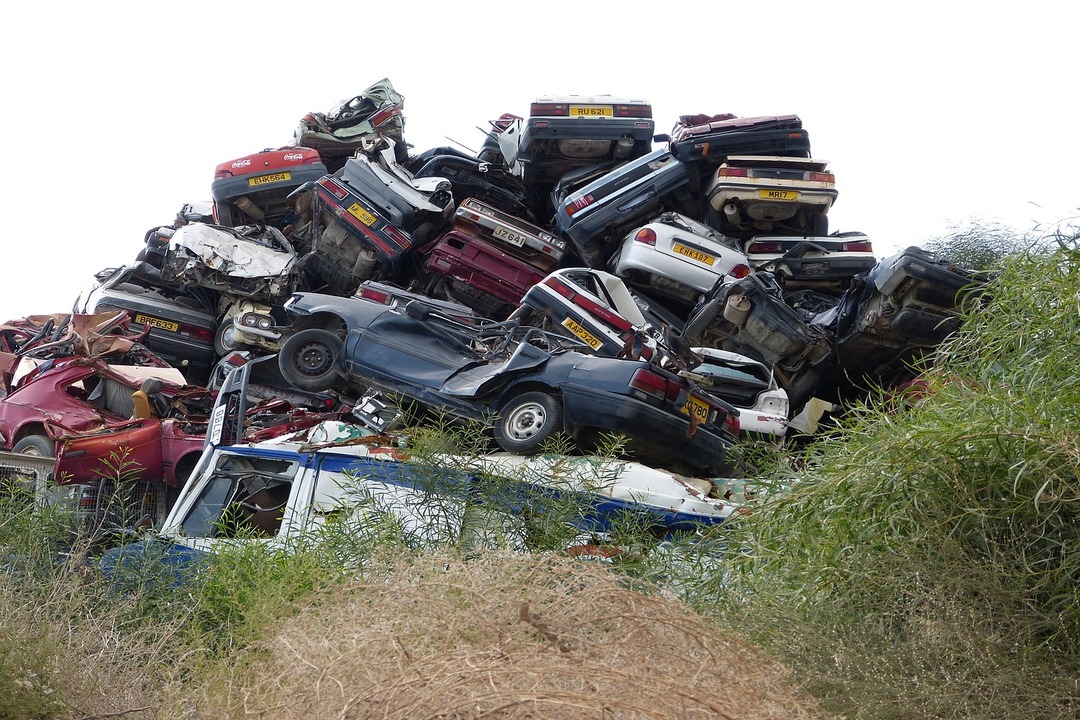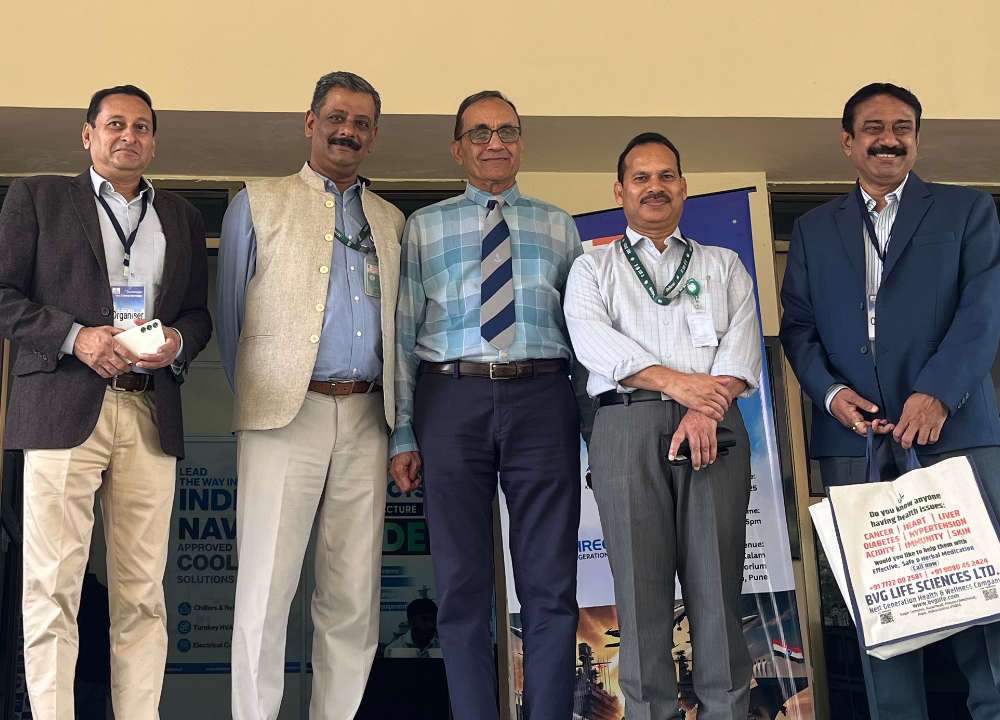The Ministry of Road Transport and Highways has launched the Voluntary Vehicle Modernization Program, widely referred to as the Vehicle Scrapping Policy, to create an extensive and well-structured framework aimed at phasing out old and environmentally harmful vehicles across the entire country. This initiative is designed to retire outdated, polluting vehicles, ensuring reduction in vehicular emissions and promoting a shift towards more modern and eco-friendly transportation.
This initiative aims to create a robust ecosystem for phasing out unfit vehicles through a network of Registered Vehicle Scrapping Facilities (RVSFs) and Automated Testing Stations (ATSs). Currently, over sixty (60+) RVSFs are operational across 17 States and Union Territories, along with seventy-five (75+) ATSs spread across 12 States and Union Territories, with numerous additional facilities planned for the near future.
Union Minister for Road Transport & Highways, Nitin Gadkari, recently engaged in an in-depth discussion with a delegation of CEOs from the Society of Indian Automobile Manufacturers (SIAM) at Bharat Mandapam. This meeting was also attended by the Ministers of State for Road Transport and Highways, Harsh Malhotra and Ajay Tamta.
The primary objective of this initiative is to promote the scrapping of privately owned commercial and passenger vehicles that have reached the end of their service life and to replace them with newer, less polluting models. Recognizing the significance of fleet modernization and the benefits of a circular economy, several commercial and passenger vehicle manufacturers have agreed to provide discounts for a limited time to incentivize the scrapping of old vehicles.
These discounts will be available in return for a Certificate of Deposit, also known as a Scrappage Certificate, which serves as a formal acknowledgment that the old vehicle has been retired. This initiative is designed to promote the phase-out of End-of-Life Vehicles, thereby supporting the introduction of newer, safer, cleaner, and more efficient vehicles onto the roads.
Manufacturers of commercial vehicles, including Tata Motors, Volvo Eicher Commercial Vehicles, Ashok Leyland, Mahindra & Mahindra, Force Motors, Isuzu Motors, and SML Isuzu, have committed to offering a discount equivalent to 3% of the ex-showroom price for a commercial cargo vehicle with a Gross Vehicle Weight (GVW) of more than 3.5 tonnes, provided the vehicle has been scrapped by the owner within the last six months.
Additionally, a discount of 1.5% of the ex-showroom price will be provided for commercial cargo vehicles with a GVW of less than 3.5 tonnes, also scrapped within the last six months. For those purchasing a vehicle using a Traded Certificate of Deposit for a scrapped commercial vehicle, the discount will be 2.75% of the ex-showroom price for vehicles with a GVW exceeding 3.5 tonnes, and 1.25% for vehicles with a GVW under 3.5 tonnes. This discount scheme may also be extended to buses and vans.
In the passenger vehicle segment, manufacturers such as Maruti Suzuki India Ltd, Tata Motors, Mahindra & Mahindra, Hyundai Motor India, Kia Motors, Toyota Kirloskar Motor, Honda Cars, JSW MG Motor, Renault India, Nissan India, and Skoda Volkswagen India have offered discounts of 1.5% of the ex-showroom price of a new car, or Rs 20,000, whichever is lower, for passenger vehicles that have been scrapped by the owner within the last six months.
The details of the scrapped vehicle will be linked to the Vahan system, ensuring transparency and accountability. Manufacturers may also offer additional discounts on selected models at their discretion. It is important to note that since the vehicle is being scrapped and not exchanged, only the scrappage discount will apply, not the exchange discount.
Mercedes-Benz India has gone a step further by offering a flat discount of INR 25,000, which is in addition to any existing discounts available. These discounts provided by Original Equipment Manufacturers (OEMs) are over and above the scrap value offered by RVSFs to vehicle owners.
Furthermore, they complement the existing incentives provided by the Government of India under the Vehicle Scrapping Policy, including concessions on Motor Vehicle tax, waivers on fees for the issuance of registration certificates, and the waiver of certain liabilities, all linked to the Certificate of Deposit (CD) when purchasing a new vehicle. These additional incentives are applicable in many States, further encouraging the transition to a newer, more environmentally friendly vehicle fleet.








